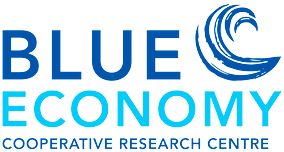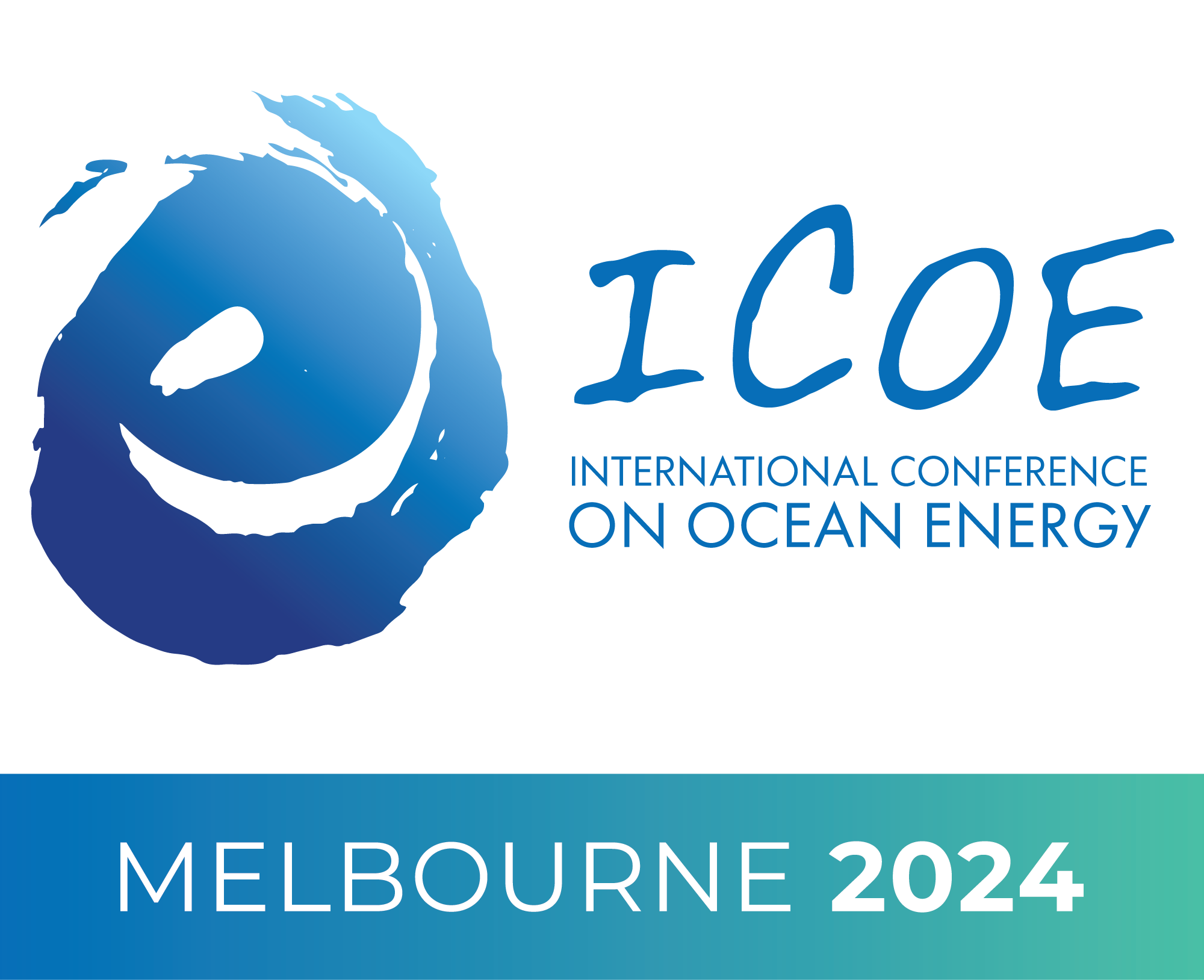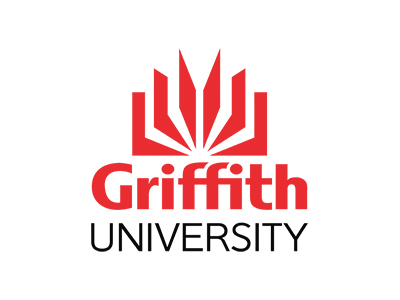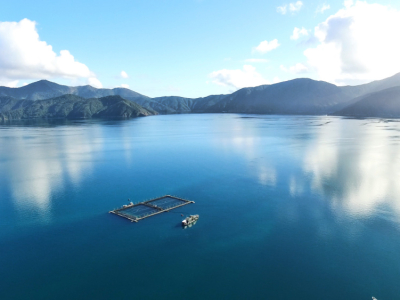Shay O’Hara-Smith
Shay O’Hara-Smith
Thesis Topic
Ocean Ethics: Making the Case. Aesthetics, intrinsic value, and naturalistic intuitions
PhD Start Date
October 2022
PhD Project Objectives
Current regulatory and policy priorities, simply put, express two main ethical arguments for preserving marine environments. The first is utilitarian and focuses on encouraging the sustainable and judicious use of ocean resources for current and future human use. Regulatory environments reflect this cautious decision making; minimising ecological harm, while maintaining the economic and social benefits derived from farming and extracting marine goods, is the aim.
The second contributing argument is less human-use focused. It includes valuing the Ocean’s inherent properties for its own sake. On this account the ocean has an intrinsic value that sits apart from human use yet prompts our moral regard for it. It can be said that indeed most people do identify closely with the ocean’s aesthetic and naturalistic values – they appreciate its “beauty”. But does a utilitarian focus happily square with widely held views that the ocean has intrinsic value, including objective aesthetic value (its beauty, purity and pristine-nature)? Aesthetic appreciation of the ocean is a quiet environmental achiever; it can be seen to be one of the most powerful contributors to motivating marine conservation efforts. Yet formally recognising an appropriate role for it in environmental policy setting is somewhat absent. Careful philosophical analysis of the contribution aesthetics, naturalistic intuitions and intrinsic value make to ocean preservation arguments is necessary if a coherent ocean ethic is to be developed.
There are many stakeholders who have actual touch points in the Blue Economy and they might have different constructs as to what they consider is the appropriate use of the oceans. These constructs may not sit harmoniously together. I propose developing a framework, to develop, test, reveal and monitor to what degree there are shared values, what agreed themes might emerge, what prospects for bringing seemingly at odds participants together are, and what values are unable to be reconciled. Equipping participants to ‘make the case’ might just result in more alignment. It is the ambition of the project that this theoretical component will manifest its real-world use by providing a compelling, easy-to-articulate, moral case for the sustainable use the oceans.
Biography
My professional and scholarly experience has led me to the view that philosophical groundings are seminal to building the rich frameworks necessary for real-world policy development and meaningful stakeholder engagement. My employment background was in Great Barrier Reef advocacy and conservation. Our remit at the Great Barrier Reef Foundation was to align our industry partners’ sustainability commitments with seeking scientific solutions to protect the Reef. We aimed to equip our stakeholders to make an articulate case for the effects of climate change on the Reef, while energising sustainable change initiatives in their workplaces and communities of influence. More recently I completed an Honours degree (Class 1) in philosophy at the University of Queensland.
Supervisory Team
Primary Supervisor: Professor Charles Sampford
Griffith University
Co-Supervisor: Dr Hugh Breakey
Griffith University
2024 Participants Workshop Poster
As part of the 2024 Participants Workshop, our PhD Scholars exhibited a poster on their research.






